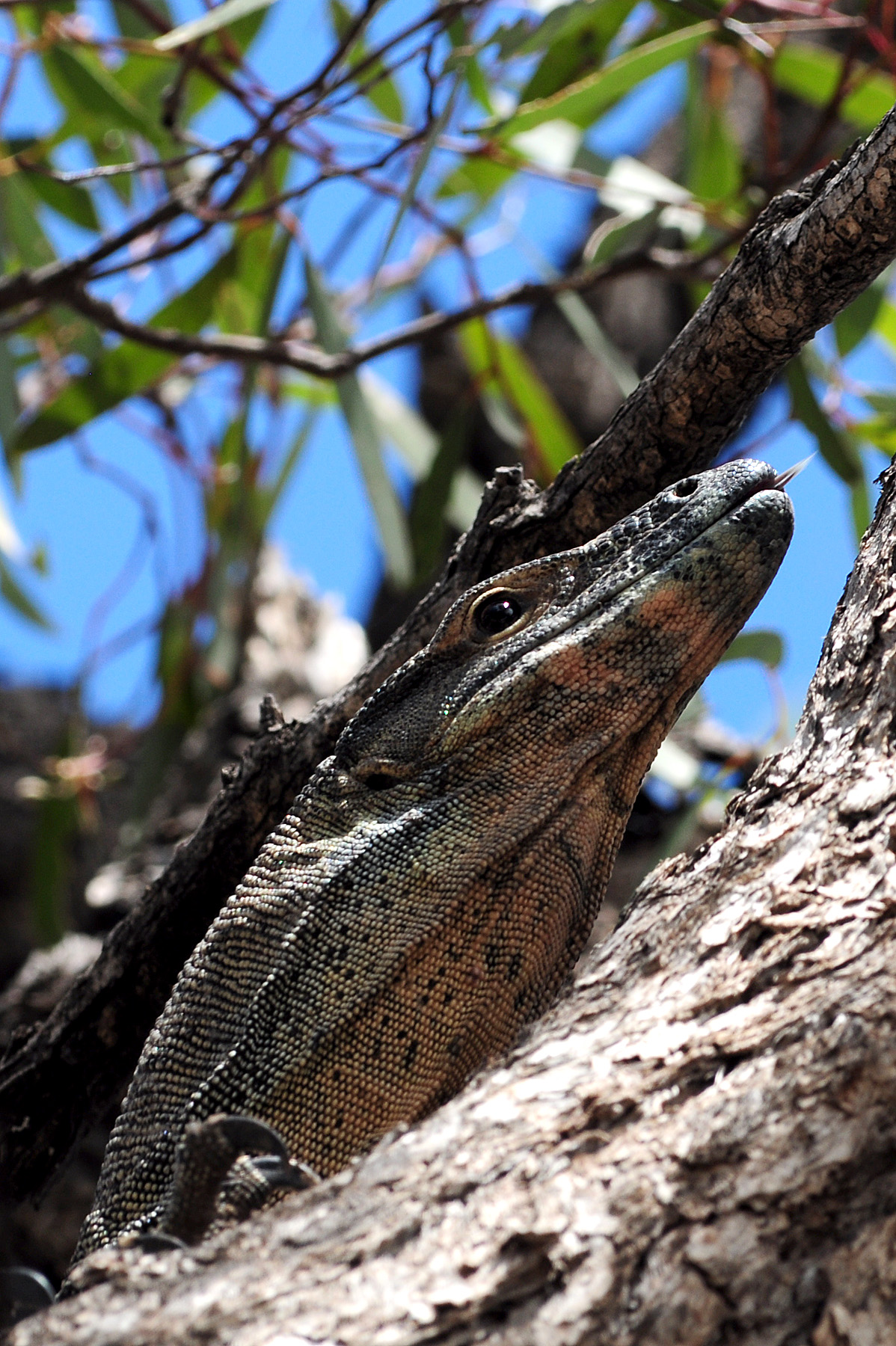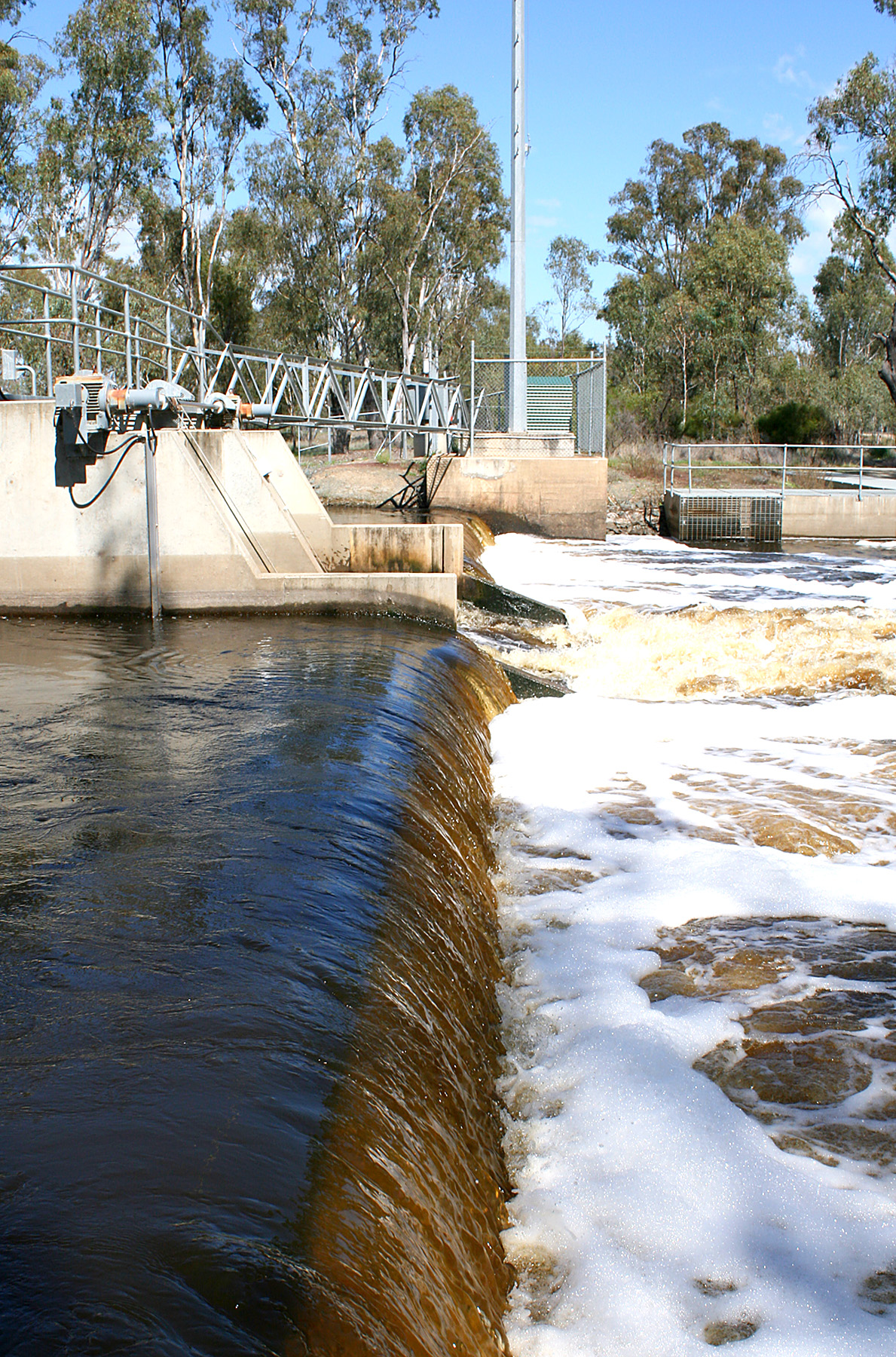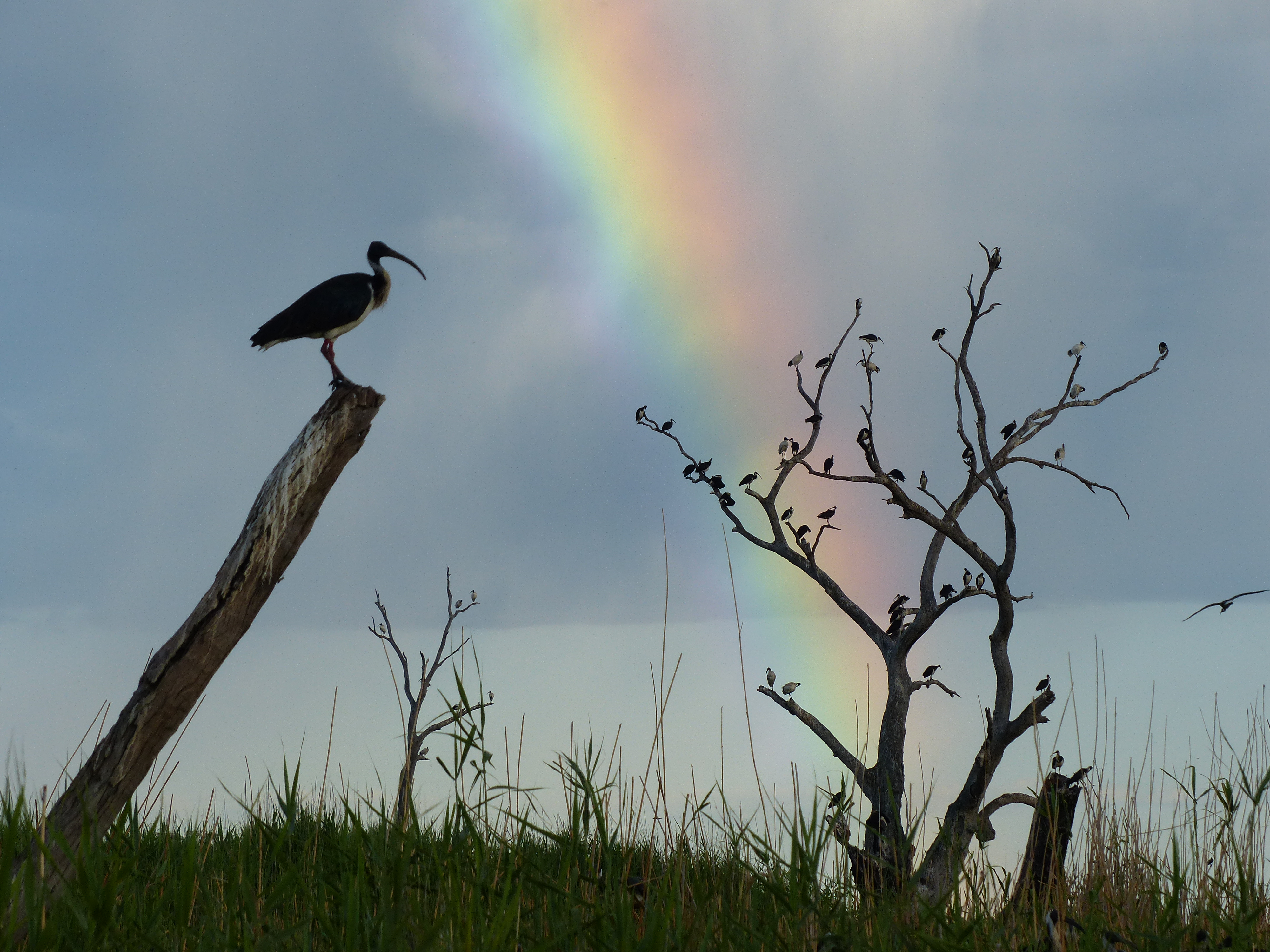The Murray–Darling Water and Environment Research Program (MD-WERP) is a 4-year (2021-2025), $20 million Australian Government initiative. It aims to strengthen scientific knowledge of the Murray–Darling Basin through generating new research, innovation and tools across the themes of:
- Climate Adaptation
- Hydrology
- Environmental Outcomes
- Social, Economic and Cultural Outcomes.

MD-WERP also assists the Australian Government in addressing Basin Plan objectives and responding to emerging issues.
CSIRO has partnered with Deakin University to lead research on climate adaptation and hydrology. A number of research projects lie in these two themes.
Climate Adaptation
The Climate Adaptation Theme is addressing research questions including:
- Which of the Basin's economic, social, environmental and cultural values are most vulnerable to the flow-related impacts of climate change?
- What is the best way to evaluate the effectiveness of water management arrangements to manage risks, including climate change?
- How do we undertake climate adaptation that are most relevant to communities and environmental assets?
To answer these questions, research is focussed around 4 areas, namely Foundational Science; Climate Adaptation Toolkit; Showcasing Adaptability and Synthesis and Integration.
Foundational Science
This project aims to understand and characterise the impacts of climate change on water supply, demand and management in the Basin. Research is being carried out assessing interactions between climate change and farm dams, assessing the sensitivity of water resources to fire and climate change, assessing interactions between climate change and surface-groundwater connectivity and assessing interactions between climate change and blackwater events.
Climate Adaptation Toolkit
This project is developing tools to understand plausible future changes and the impact of adaptation strategies under a changing climate. This involves identifying the values in the Basin and those which are most vulnerable to flow-related impacts of climate change. This toolkit will enable governments and water managers to select appropriate future climate scenarios, model flows associated with those scenarios and incorporate other relevant information to understand the response of identified values, be they social, cultural, environmental.

Showcasing Adaptability
This project is identifying options to adapt to climate change and evaluate their effectiveness in protecting Basin values. Current and planned climate adaptation options will be identified using a participatory process targeting relevant stakeholders across government, industry and the community. From these, a number will be selected as adaptation investigations going forward. In addition, the impacts of water trading at a Basin-scale on climate adaptation are being investigated.
Synthesis and Integration
This project is synthesising outputs and learnings from the above three research activities in order to maximise relevance to policy makers and practitioners. We will create a plan aimed at improving the mutual understanding and respect between researchers and decision makers. We are developing a framework for managing the entire Basin and creating management-oriented recommendations directly relevant to policy makers. This component of research will also involve developing an approach to Traditional Owner perspectives on climate change, as well as developing a shared understanding of the impacts of climate change on cultural values.
Hydrology
The Hydrology Theme is addressing the following research questions including:
- How can low flow prediction be improved to support water resources management and planning as well as support environmental watering?
- How can adaptation through enhanced river operations and water resources management improve water outcomes?
- How can we better model the impacts of climate, natural and development drivers on the hydrology of the Basin?
To answer these questions, research is focussed around 5 areas, namely Low Flow Prediction; Floodplain Inundation and Volume; Demonstrating use of Water Forecasts; Groundwater use and Northern Basin Hydrology.
Low Flow Prediction
The focus of this research project is to improve the simulation of low flows that are important to maintain environmental/refugia conditions, avoid poor water quality risk, and to support downstream water uses. New methods, building on current knowledge and modelling, will be developed to improve low flow estimation, in unregulated and regulated river reaches, to better inform ecological outcomes and water resources planning.
Floodplain Inundation and Volume
We are co-developing a hybrid model based on remote sensing imagery and conceptualisation of physical processes to predict flood inundation extent, depth and volume. The model will be developed for key locations that inform environmental watering and water resources planning.

Demonstrating use of water forecasts
The project is working with Murray-Darling Basin Authority managers and operators, state water agencies and the Bureau of Meteorology to investigate how forecasts can inform river operations. Computational experiments are being undertaken to simulate system behaviour with and without water forecasts and under various scenarios of management constraints, forecast products and climate conditions.
Groundwater use
This research project will evaluate where, when and how enhanced groundwater use, particularly when managed conjunctively with surface water, can benefit economic, social and environmental outcomes in the Basin.
Northern Basin Hydrology
The aim of this project is to clarify, model and quantify the impacts of climate/natural and policy/development drivers on the hydrology of the Northern Basin.
The Murray–Darling Water and Environment Research Program (MD-WERP) is a 4-year (2021-2025), $20 million Australian Government initiative. It aims to strengthen scientific knowledge of the Murray–Darling Basin through generating new research, innovation and tools across the themes of:
- Climate Adaptation
- Hydrology
- Environmental Outcomes
- Social, Economic and Cultural Outcomes.
MD-WERP also assists the Australian Government in addressing Basin Plan objectives and responding to emerging issues.
CSIRO has partnered with Deakin University to lead research on climate adaptation and hydrology. A number of research projects lie in these two themes.
Climate Adaptation
The Climate Adaptation Theme is addressing research questions including:
- Which of the Basin's economic, social, environmental and cultural values are most vulnerable to the flow-related impacts of climate change?
- What is the best way to evaluate the effectiveness of water management arrangements to manage risks, including climate change?
- How do we undertake climate adaptation that are most relevant to communities and environmental assets?
To answer these questions, research is focussed around 4 areas, namely Foundational Science; Climate Adaptation Toolkit; Showcasing Adaptability and Synthesis and Integration.
Foundational Science
This project aims to understand and characterise the impacts of climate change on water supply, demand and management in the Basin. Research is being carried out assessing interactions between climate change and farm dams, assessing the sensitivity of water resources to fire and climate change, assessing interactions between climate change and surface-groundwater connectivity and assessing interactions between climate change and blackwater events.
Climate Adaptation Toolkit
This project is developing tools to understand plausible future changes and the impact of adaptation strategies under a changing climate. This involves identifying the values in the Basin and those which are most vulnerable to flow-related impacts of climate change. This toolkit will enable governments and water managers to select appropriate future climate scenarios, model flows associated with those scenarios and incorporate other relevant information to understand the response of identified values, be they social, cultural, environmental.
Showcasing Adaptability
This project is identifying options to adapt to climate change and evaluate their effectiveness in protecting Basin values. Current and planned climate adaptation options will be identified using a participatory process targeting relevant stakeholders across government, industry and the community. From these, a number will be selected as adaptation investigations going forward. In addition, the impacts of water trading at a Basin-scale on climate adaptation are being investigated.
Synthesis and Integration
This project is synthesising outputs and learnings from the above three research activities in order to maximise relevance to policy makers and practitioners. We will create a plan aimed at improving the mutual understanding and respect between researchers and decision makers. We are developing a framework for managing the entire Basin and creating management-oriented recommendations directly relevant to policy makers. This component of research will also involve developing an approach to Traditional Owner perspectives on climate change, as well as developing a shared understanding of the impacts of climate change on cultural values.
Hydrology
The Hydrology Theme is addressing the following research questions including:
- How can low flow prediction be improved to support water resources management and planning as well as support environmental watering?
- How can adaptation through enhanced river operations and water resources management improve water outcomes?
- How can we better model the impacts of climate, natural and development drivers on the hydrology of the Basin?
To answer these questions, research is focussed around 5 areas, namely Low Flow Prediction; Floodplain Inundation and Volume; Demonstrating use of Water Forecasts; Groundwater use and Northern Basin Hydrology.
Low Flow Prediction
The focus of this research project is to improve the simulation of low flows that are important to maintain environmental/refugia conditions, avoid poor water quality risk, and to support downstream water uses. New methods, building on current knowledge and modelling, will be developed to improve low flow estimation, in unregulated and regulated river reaches, to better inform ecological outcomes and water resources planning.
Floodplain Inundation and Volume
We are co-developing a hybrid model based on remote sensing imagery and conceptualisation of physical processes to predict flood inundation extent, depth and volume. The model will be developed for key locations that inform environmental watering and water resources planning.
Demonstrating use of water forecasts
The project is working with Murray-Darling Basin Authority managers and operators, state water agencies and the Bureau of Meteorology to investigate how forecasts can inform river operations. Computational experiments are being undertaken to simulate system behaviour with and without water forecasts and under various scenarios of management constraints, forecast products and climate conditions.
Groundwater use
This research project will evaluate where, when and how enhanced groundwater use, particularly when managed conjunctively with surface water, can benefit economic, social and environmental outcomes in the Basin.
Northern Basin Hydrology
The aim of this project is to clarify, model and quantify the impacts of climate/natural and policy/development drivers on the hydrology of the Northern Basin.
